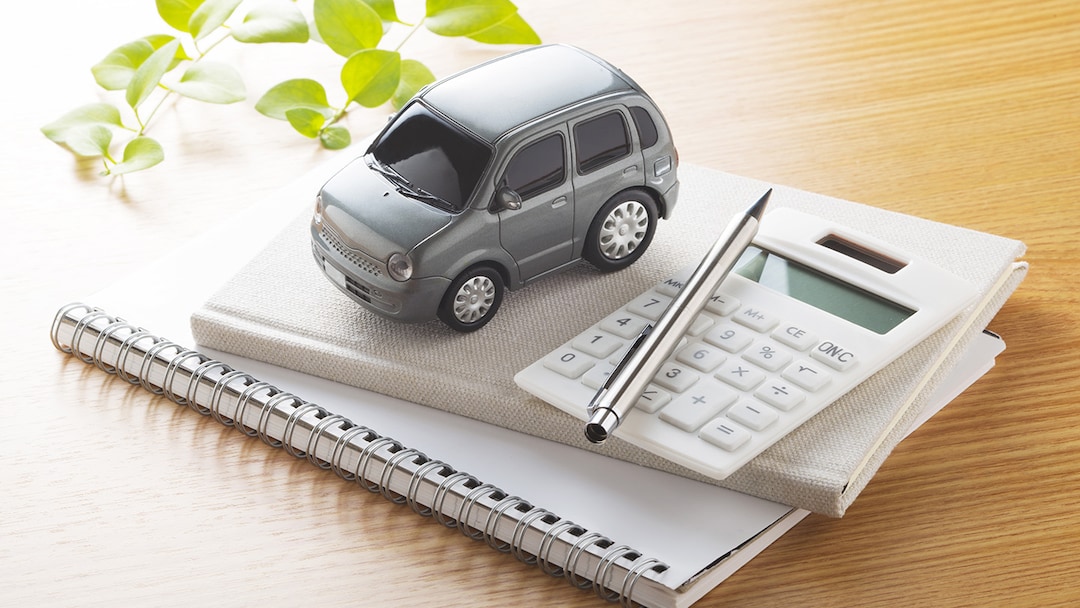Understanding lease acquisition fees

Quick insights
- When you lease a car, an acquisition fee is for administrative costs imposed by the leasing company.
- In most cases, acquisition fees are non-negotiable and either added to monthly payments or required at signing.
- Understanding acquisition and other fees when leasing a car should avoid surprises as you sign the dotted line.
Knowing about a car’s acquisition fee might save you from sticker shock when signing a lease. In this article, we’ll explain the lease acquisition fee, how it’s paid, along with other lease fees that are important to understand.
What is a lease acquisition fee?
A lease acquisition fee—sometimes called a bank or administrative fee—is a charge for setting up a lease agreement. The fee is charged by the leasing company to cover administrative tasks like credit checks, title processing and other required paperwork.
How much are typical lease acquisition fees?
Lease acquisition fees can be several hundred dollars, while luxury vehicles or higher-end models may have even higher fees. Some dealerships might charge less for lower-priced vehicles. The exact amount of a leasing acquisition fee depends on the lessor, the car and your creditworthiness.
How do I know if my lease has an acquisition fee?
Your lease agreement should clearly outline all associated fees, including the acquisition fee. It might be referred to as the “bank fee” or “administrative fee.” Review the entire lease document and ask questions about anything you don’t understand. You can even ask a dealer representative for a breakdown of all costs outlined in the agreement.
How to pay a lease acquisition fee
Lease acquisition fees can be paid upfront when you sign the agreement. They could also be included in your monthly lease payments; the fee is first added to the capitalized cost of the vehicle, which is then used to calculate your monthly lease payment. Rolling the acquisition fee or other fees into your payments will increase the amount due each month.
Are lease acquisition fees negotiable?
Lease acquisition fees are not typically negotiable because they are set by the leasing company, not the dealer. However, if you’re inclined to try, it may not hurt to ask if a dealer will waive or lower the acquisition fee or other fees to close a deal.
Other important fees associated with leasing a car
In addition to the lease acquisition fee, leasing a car comes with several fees to consider:
- Disposition fee: May be owed at the end of the lease to cover preparing the car for resale.
- Early termination fee: Charged if you terminate the lease before it ends.
- Excess mileage fee: Could be charged if you exceed the mileage limit stated on your lease.
- Excess wear and tear fees: Charged to cover repairs or deprecation—“excess” depends on the dealer.
Understanding these fees and other associated costs can help you budget for a new car lease.
In summary
Lease acquisition fees are the costs a leasing company charges for arranging a car lease. The fee is set by the lessor based on assorted tasks it completes, such as a credit check, title processing and other related paperwork. Often non-negotiable, the acquisition fee could be paid upfront or included in monthly lease payments.
The acquisition fee, along with other standard fees of leasing a car, might sway you toward buying instead. However, many drivers enjoy leasing a car, and there are pros and cons to both choices that might help you decide.



